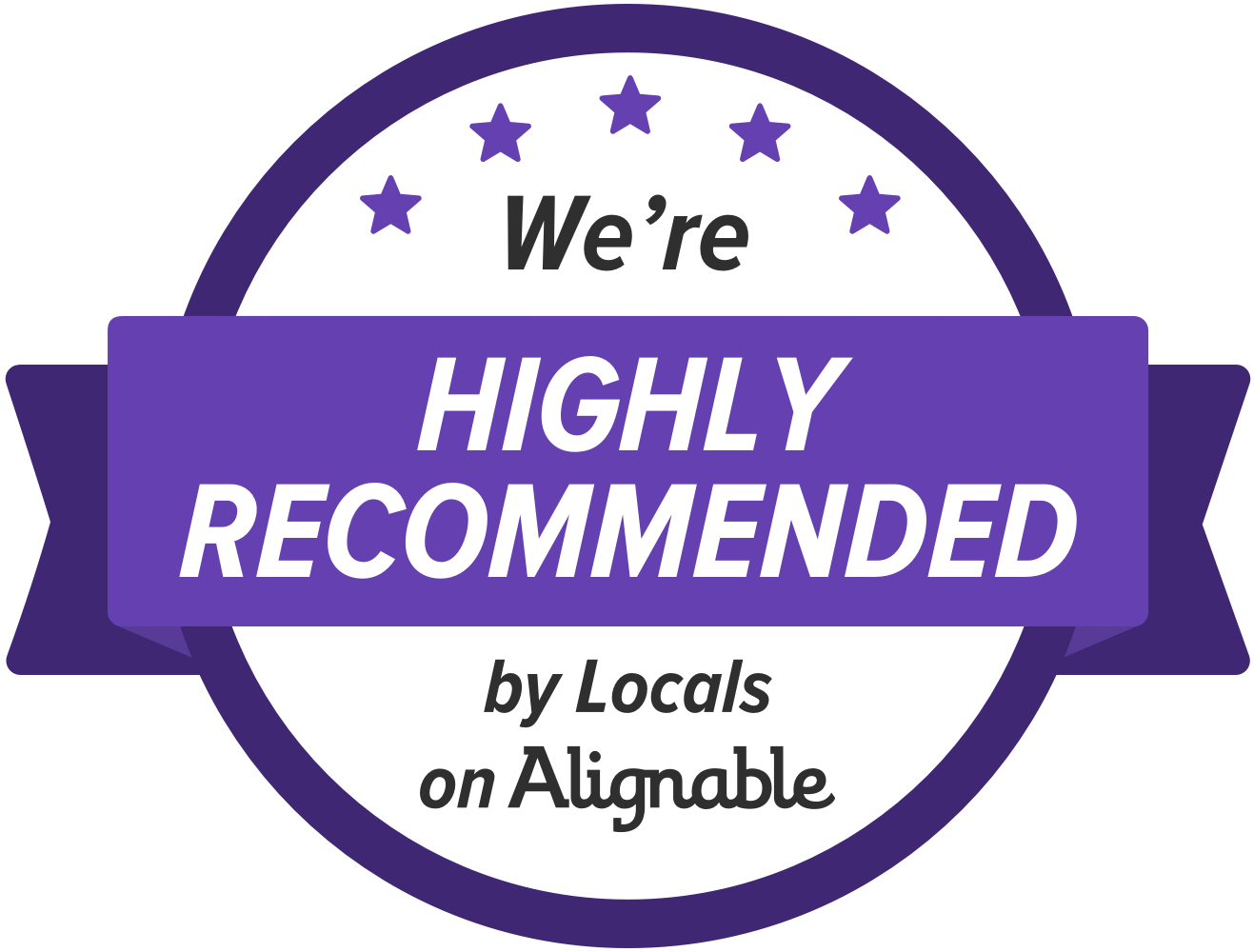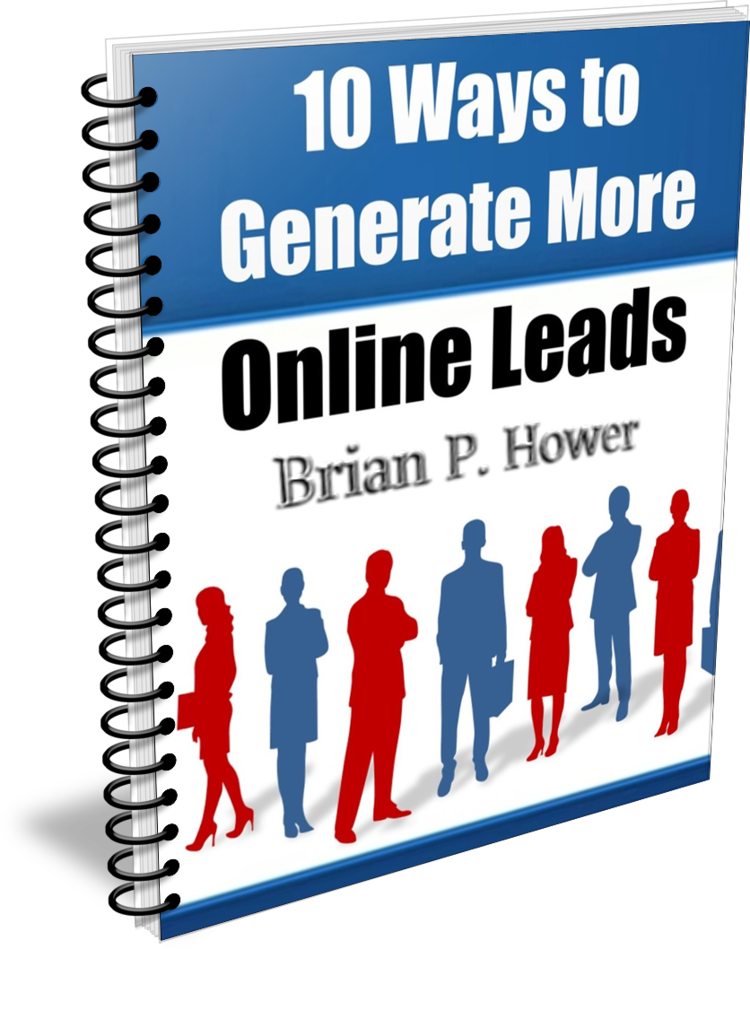How Does A Facebook Page Compare To A Website?
How Does A Facebook Page Compare To A Website? Do you need both? Does a Facebook page replace a website or mean that you're "good" and don't need a website? If you have a great website, should you also have a Facebook page?
This is a topic that bothers me quite a bit. Why? Well, mainly already know better. But most small business owners do not...until they read this page. It sticks in my craw too because a lot of business owners simply don't think. They have preconceived ideas that they accept from other business owners who are just as poorly informed. Does that make sense from a business point of view? Of course not. If you are truly serious about your business, (and you are, right?) then why would you not make sure you know the facts and also think things through using good 'ol common sense?
So let's ask the question again and look at both how a website compares to a Facebook page, and vice versa.
Can a Facebook Page Replace a Small Business Website? It is reasonable to assume that many small business owners would forgo the effort of building a website and simply rely on what the largest social media network of all time can give them at no cost.
By GuestJuly 23, 2015
Facebook recently announced there are currently 40 million active small business pages on its service, which shouldn’t come as that big of a shock to anyone. Creating a Facebook business page is free and provides you with access to a user base roughly the size of the population of China.
Armed with this knowledge, it is reasonable to assume that many small business owners would forgo the effort of building a website and simply rely on what the largest social media network of all time can give them at no cost. But is a Facebook page really enough?
Well, let’s explore that idea. A Facebook business page does have some limitations. Granted, it’s an excellent way to engage with your user base, as long as they want to engage with you. If you can get someone to “like” your page, that’s great. You’ve clearly shown enough value to your customer that they want to hear more about what’s going on with your business – at least in the short term.
However, if someone begins to grow weary of seeing your posts, doesn’t engage with them, and stops visiting your page to learn about the latest goings-on, Facebook will begin to take your posts out of your previously-engaged customer’s News Feed. Once that happens, you need to start paying to promote posts to people who have liked you, or begin advertising (which of course, isn’t free) to engage new users.
Another limitation to a Facebook business page is a lack of brand control. Yes, you can put your background photo on it, and yes, you can have your logo as the profile picture. Your posts have your voice and the photos show off who you are and the services you provide. But it’s still a Facebook page and will never give the complete brand experience that a dedicated website will.
Also, valuable information isn’t always readily available right when a user lands on the page. Your address may be there, along with your phone number and a Yelp page, but that isn’t necessarily enough. Many potential customers want to learn a little more about who you are and what you’re about. In comparison, a dedicated website enables you to completely control your brand and acts as a main hub on the web where interested, potential customers can go for all the information they’re looking for.
A dedicated website also has Google search on its side. It’s true a Facebook page can be found via a search engine, but it doesn’t provide the same comprehensive SEO control of a dedicated website. This point should not be overlooked. A website enables you to tailor your content to the exact kind of phrases and keywords your potential customers are searching for, compared to a Facebook page that is limited in this aspect. Showing up as highly as possible in online searches is a critical component of any business’ acquisition strategy.
In short, should you have a Facebook page for your small business? Yes, absolutely. It’s free and it’s brand exposure. Is it enough? Probably not. To create the kind of digital presence that is required for a small business to succeed in today’s world, a dedicated website isn’t a nice-to-have, it’s a necessity.
Itai Sadan is the co-founder and CEO of DudaMobile. He founded Duda to help small businesses connect with potential customers anywhere, anytime and anyplace. Itai started the company from his garage in Mountain View, Calif., with his high school friend, Amir Glatt, who is now CTO.
Thanks for reading!

Brian P. Hower
President and Founder
SEARCHLIGHT Business Advocates
www.business-internet-and-media.com
"Business, the INTERNET, and YOU!"
814-836-8701 or Toll Free: 1-866-452-4243
Click here to speak to us right now!
Contact








